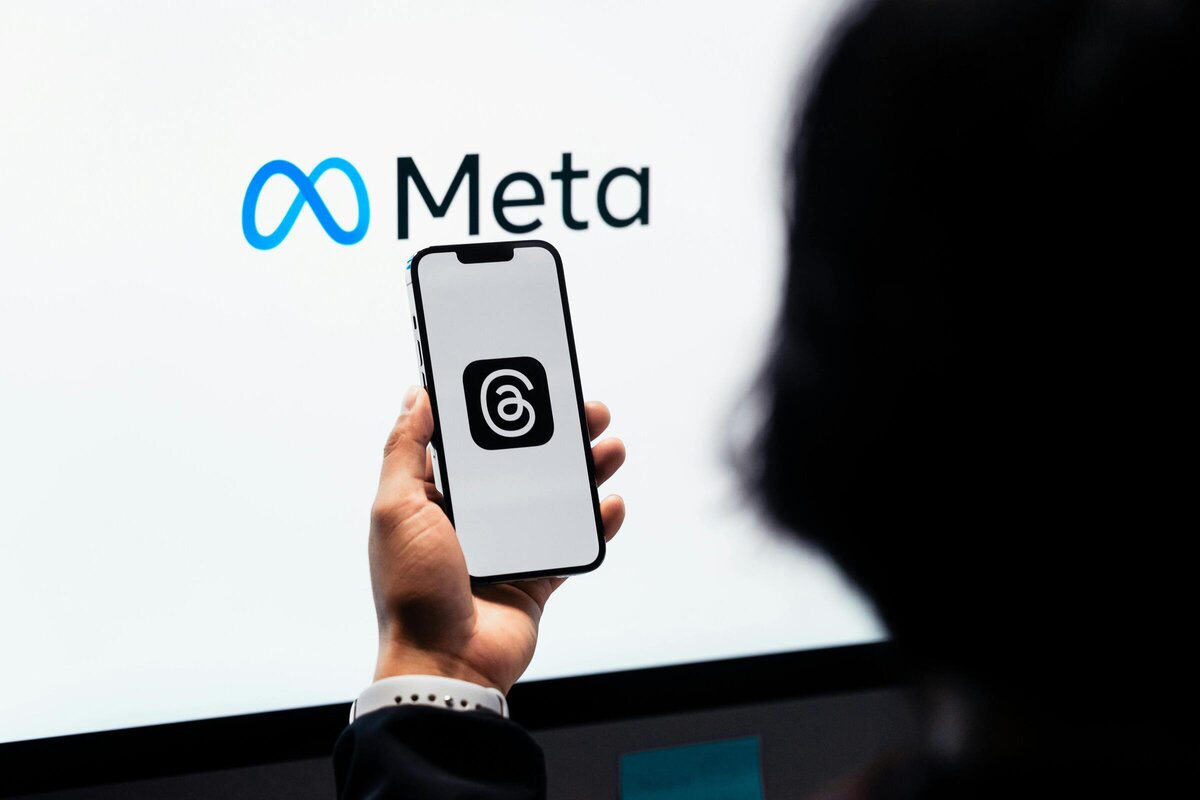
This article originally appeared in Real Clear Markets April 30, 2025.
The Biden and Trump administrations agree: It’s time to use antitrust laws to break up the largest American technology companies. On April 14, the FTC began a trial against Meta, in a case originally brought in the first Trump administration and continued during Biden years. Yet the case will be difficult for the government to win because it’s built on a shaky legal foundation.
In 2020, the Trump-era Federal Trade Commission sued Meta, then known as Facebook, for monopolizing the personal social network market by acquiring Instagram in 2012 and WhatsApp in 2014. The FTC claimed that “this course of conduct harms competition, leaves consumers with few choices for personal social networking, and deprives advertisers of the benefits of competition.” The Obama-era FTC was well aware of these acquisitions at the time they were made, and did not object to them.
The Biden-era FTC continued to aggressively pursue the case by investigating Facebook and adding to the list of conduct that the FTC claims constitute illegal monopolization by Facebook. After the Biden administration left power, President Trump’s incoming FTC Chairman Andrew Ferguson said that the previous Trump administration “began this suit in 2020 and we’re seeing it through today.”
The FTC is going to have a hard time proving that Facebook’s acquisitions are bad for consumers. The first problem the FTC faces is demonstrating that these services would have been successful on their own. Both were small when Facebook acquired them, and Meta has a strong argument that they succeeded because of how Facebook invested in them. Meanwhile, other rivals to these services have not been nearly as successful. The FTC has a steep road to prove that these other services, like Path and Foursquare, have struggled because of monopolization by Meta/Facebook rather than natural market forces.
The even bigger problem the FTC must overcome is showing that Meta actually has monopoly power. That means showing that Meta has a large share of a relevant market. The FTC is claiming that the market is personal social networking, which the FTC defines in a way that leaves out several key companies are clearly rivals to Facebook, including TikTok, X and Snapchat. How can Meta have a monopoly in personal social networking when at least three competitors are flourishing, with a combined hundreds of millions of users?
The FTC is asking the court to defer to its rather narrow defining of a relevant market, but this opens a dangerous Pandora’s Box. Future administrations would have the power to define a monopoly however they want. For instance, they could say that Tesla has a monopoly over the car market, as the government defines it; that Fox News has a monopoly over television programming, narrowly understood; or that Chick-fil-a has a monopoly over fast food, the facts be damned. Courts are well aware of this danger, and have been reluctant to give to give the government too much discretion to define narrow markets.
The core of the FTC’s case appears to be arguing that since the market didn’t evolve the way the government thinks it should have evolved, then that is evidence of bad conduct by Meta. But it seems unlikely that the FTC will be able to prove that Meta’s monopolization is driving the market, and not consumers making their own choices about which services they prefer.
There is much to dislike about alleged conduct by Meta over the years, including cooperating with the federal government to restrict free speech, suppressing certain information about Covid-19, covering up claims about the harms of excessive social media engagement, and colluding with the Chinese government in order to gain access to the Chinese market. But the current antitrust case against Meta won’t address these concerns.
If the government wins, and doesn’t get overturned, the real consequences could fall on consumers, who will see fewer innovations and less robust competition in the industries that D.C. chooses to target.
The Biden and Trump administration may be aligned, but Americans need the federal government to let the markets do what they do best.
This post was originally published on this site be sure to check out more of their content








